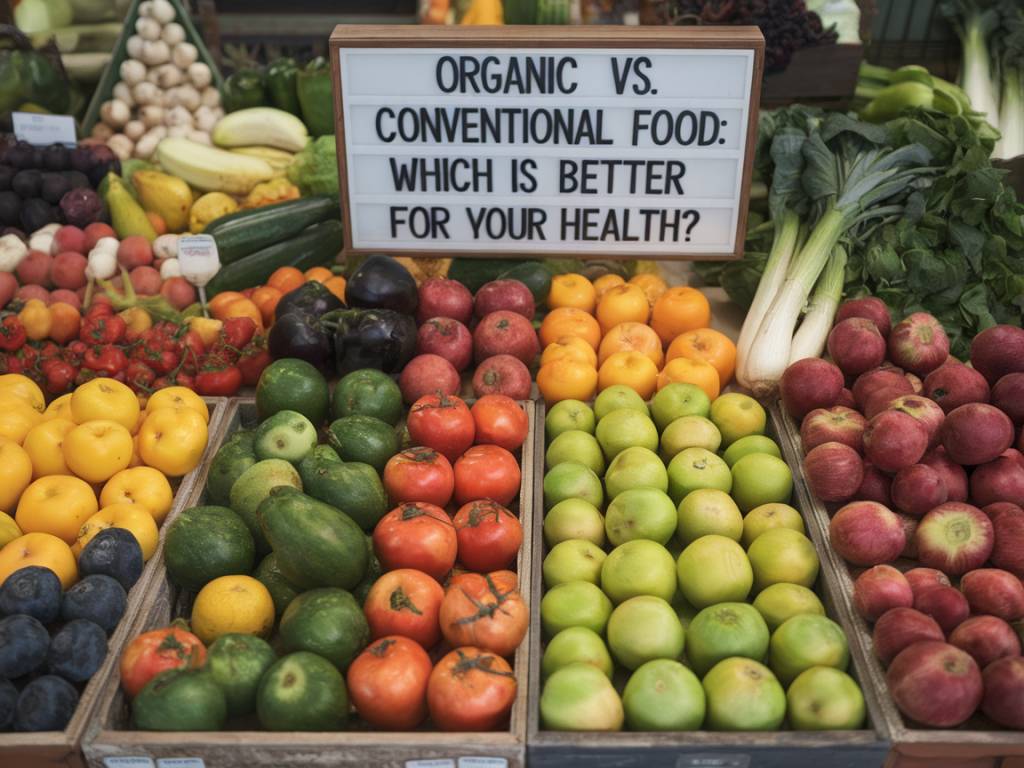Welcome to this journey towards better health and well-being! Today, we delve into the topic of organic food and its benefits for your family’s health. Organic food has become a buzzword in health circles, but what does it truly offer? Let’s explore the tangible benefits of switching to organic food and how it can positively impact your family’s life.
Why Consider Organic?
Have you ever pondered what “organic” really means? Organic food, grown without synthetic fertilizers, pesticides, and GMOs, offers a purer alternative to conventionally farmed produce. Opting for organic brings with it not only peace of mind but tangible health benefits. It’s akin to choosing a spa day for your family’s nutrition – refreshing and rejuvenating!
Boosting Nutrient Intake
Is your family getting all the nutrients they need? Switching to organic food can help ensure that. Research suggests that organic fruits and vegetables contain a higher concentration of antioxidants compared to their non-organic counterparts. These antioxidants play a crucial role in fighting free radicals, which can cause cellular damage. Who knew you could arm your family against insidious cell damage by simply adjusting your grocery list?
Reducing Chemical Exposure
Ever wonder about the hidden ingredients in your food? Pesticide residue can linger on your conventional produce, even after washing. By choosing organic, you significantly reduce your family’s exposure to these chemicals. Less chemicals mean fewer toxins for the body to battle, leaving room for healthier living and better overall well-being.
Supporting a Healthier Planet
While focusing on family health, why not extend that care to Mother Earth? Organic farming practices are kinder to the environment, promoting biodiversity and reducing pollution. Organic farms prioritize soil health through natural crop rotations and composting – a little love for the land translates to sustainable food for the future.
Encouraging Sane and Humane Farming Practices
Ever questioned the living conditions of farm animals? Organic standards go beyond crops; they also ensure higher welfare standards for animals. Livestock are raised on organic feed without antibiotics or growth hormones and are given access to outdoor spaces. It’s a more humane choice, reflecting our values and setting an example for compassionate living.
Improving Taste and Freshness
Think organic food is bland? Think again! A surprising benefit many don’t anticipate is the superior taste and freshness of organic produce. Since it’s cultivated without artificial preservatives, organic food often reaches your table quickly after harvest. You’re not just buying food; you’re buying a flavorful experience.
Making the Switch: Tips and Tricks
Ready to dive into the organic world? Here are some practical tips to start incorporating organic foods into your family’s diet without overwhelming your budget:
- Start Small: Begin with organic versions of your family’s favorite fruits and vegetables.
- Prioritize: Focus on foods known for high pesticide residue, like strawberries and spinach.
- Local Farmers: Visit local farmers’ markets for fresh, organic produce at reasonable prices.
- DIY: Try your hand at growing a small organic garden at home.
The Ripple Effect: Holistic Family Health
Transitioning to an organic lifestyle often encourages other healthy habits. As awareness builds around food choices, many families find they naturally gravitate towards more holistic health practices, fostering an environment where nutritious living and well-being go hand in hand.
Ultimately, choosing organic is about making a concerted effort towards better health for both your family and the planet. It’s a step forward in nurturing a lifestyle that embodies sustainability, wellness, and care.
Is organic food the panacea for all health issues? Perhaps not, but it’s an inviting start. Why not explore the organic aisles on your next shopping trip and rediscover the joy of food that’s as good for you as it is for the earth?




